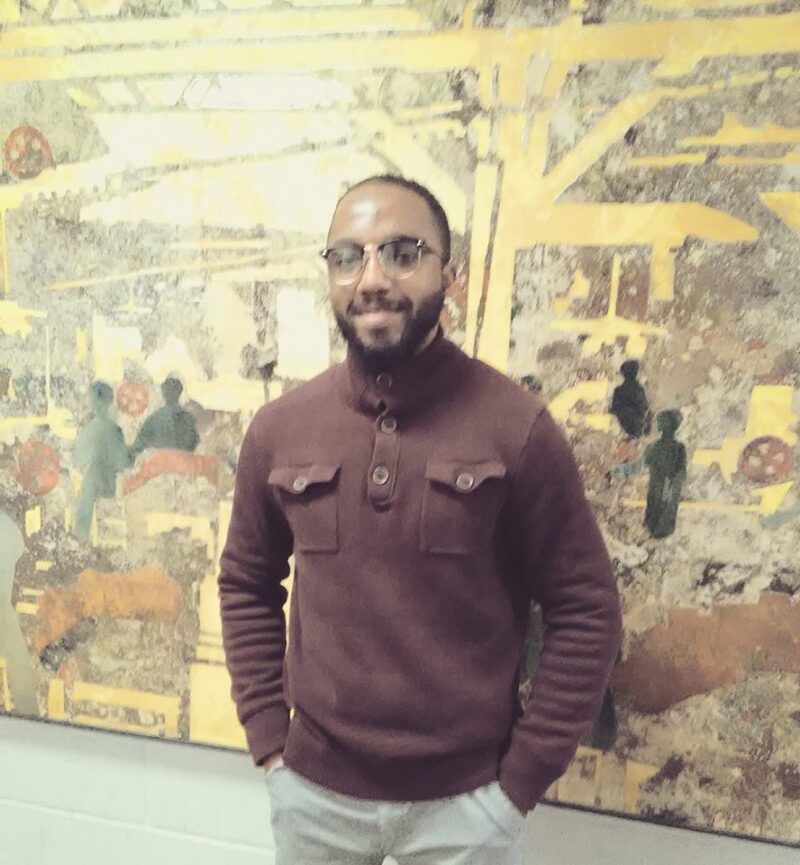National Issues
Nigeria Is Gone -By J. Ezike
The hate that unites Nigeria hasn’t gone away; it formed an ideology buried deep within each “One Nigerianist” and at the center of which stood the British – a faceless image of a union claiming power over our lives. Not even the bond of regional autonomy can repair or fix Nigeria. Nor the bond of “One Nigeria” bring healing to the wounds and scars from the many wars and bloodshed. Nigeria’s transition can never be complete without its inevitable disintegration.

It has often been said that my generation was a very unlucky one. And I agree. My generation was called, as it were, to bear witness to Nigeria’s worst transitions and to disintegrate a union that is torn by the habits of older generation. I mean, the leaders who sold the destiny of the country and left the citizens mired in extreme poverty. There is no coherence in Aso Rock. And it was the absence of such coherence that made my generation the bearer of many misfortunes.
The dawn of Bola Tinubu’s regime has shifted Nigeria to the precipice. It came with policies that has made it impossible to stitch the economy back together. The situation is so desperate and we feel like we have to break our backs just to survive. And then the bitter discovery that the “change” promised had vanished our last surviving hope. What our leadership is teaching us, day by day: is that Nigeria is gone.
And the realization of this fact allowed me to share more of myself through political essays that challenges the perspective of “One Nigeria” – the British ideology of an indivisible Nigeria. There is nothing that my generation learned from our leaders that is worthy of emulation. Instead, it made us to acknowledge the many transitions that retarded Nigeria’s progress.
It was in observing these transitions, that I learned not to put my hope in those who trumpeted “One Nigeria” as a cure for all our ills. And I have always argued against the notion that ethnic unity could serve as the centerpiece for a prosperous and progressive Nigeria.
Perhaps with a disintegrated union, inter-ethnic tensions will be non-existent, I thought to myself, but I have no doubt that “One Nigeria” has done nothing to improve the lives of citizens. The British who had erected the wall between the psychology and politics of Nigeria, couldn’t unite the differences that lingered inside us as Nigerians.
In his memoir, There Was A Country, Chinua Achebe had said: “The British were well aware of the inter-ethnic tensions and posturing for power among the three main ethnic groups. By 1951 they had divided the country into Northern, Eastern and Western regions with their own respective houses of assembly, to contain this rising threat…”
Achebe had made reference to the hate that bonds us and that all the records of Nigerian Nationalism hadn’t arisen from struggles with black independence. They had arisen out of a very particular experience with hate and greed.
The hate that unites Nigeria hasn’t gone away; it formed an ideology buried deep within each “One Nigerianist” and at the center of which stood the British – a faceless image of a union claiming power over our lives. Not even the bond of regional autonomy can repair or fix Nigeria. Nor the bond of “One Nigeria” bring healing to the wounds and scars from the many wars and bloodshed. Nigeria’s transition can never be complete without its inevitable disintegration.
J. Ezike can be reached at: johnpaulezike1000@gmail.com










